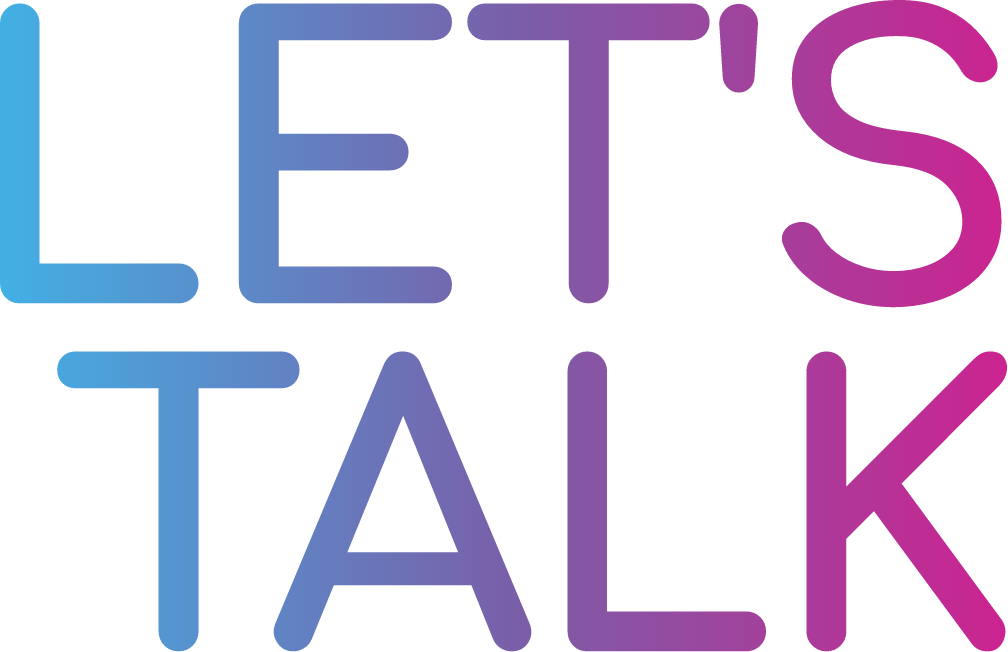As in any sector of life, there is a spoken (or unspoken) code of conduct. There are certain measures one should abide by in their speech, behavior, and actions towards others. Evidently, this code varies depending on one’s profession as well. The foundation of this code of conduct is ethics, moral principles that help one navigate their decisions and actions. Ethics makes the world go round.
Yet, in terms of the legal field, there seems to be a slight discrepancy within the expectations of a lawyer’s ethics and behavior between the client and the lawyer himself/herself. Essentially, professional ethics in law is slightly more of a gray area. A great example to follow:
On July 6, 2018, Fiona McLeay, the Commissioner of the Victorian Legal Services (Australia), sent out a warning to more than 20,000 lawyers across Victoria, Australia, in light of recent events regarding the utilization of questionable marketing tactics. The controversy caught the eye of the media, bringing this consistent issue in law to light.
McLeay cautioned that attorneys and legal professionals be more reserved in how they approach their clients. Particularly in Injury Law, which can be an incredibly sensitive topic to mix business into. The appropriate window of time in between the tragic event and legal action is a gray area.
Strategies such as claim farming, cold-calling, and ambulance chasing could actually violate the industry’s code of conduct. McLeay’s alert was prompted by the firm Slater and Gordon’s use of claim farming, which entails following up with an injured party to see where they submitted their claim.
CAUTION: Third Parties Ahead!
When lawyers hire a third party to gather potential clients, there needs to be full disclosure in the arrangement, in which the prospective client knows they do not have to agree to this lawyer’s representation.
All information must hold truth, with no outlets of deception or ambiguity that may lead a client to be mislead. Cold-calling, an unsolicited phone call meant to sell goods or services, towards clients are only permitted to be conducted by law firm staff. This policy falls under the Law Institute of Victoria Direct Marketing Guidelines.
In addition, ambulance chasing can be defined as someone who reaches a person immediately following an accident or injury, with the motive to coax them into seeking legal aid from a specific firm. Often times, this can be done in a manner that may be interpreted as harassment towards the person who is suffering the trauma. If that is so, then it is a violation of the code of conduct.
Any violation of the rules leads to consequences. Depending on the degree of violation, it could potentially bring an attorney’s career to an end. This occurred in the case of three independent law firms who aimed at one helpless woman watching over her mother, who was suffering severe injuries from a car crash. They had shown up uninvited to the hospital room to try and arrange a deal with the woman. Attorneys must understand that all who are involved on behalf of a firm, whether it may be the attorneys themselves or a third party representative, stand for the reputation of the practice. Regulation of behavior stems from top authority, and should be practiced in a uniform fashion amongst each and every individual. In addition, lawyers must adhere to the fact that not only do they represent their firm, but also lawyers in general. Their actions have the power to give a bad reputation to lawyers as a whole.
Israel, we’re talking to you, too…
Israeli law firms, just as any other across the world, must ensure that they remain within the bounds of their legal and ethical code. Every country’s code varies depending on customs, culture, and laws, yet it is still imperative that the lines are not crossed. Lawyers all over the world must proceed with caution with every action so to not give the international legal industry a bad reputation. Israel, put your ethics first, and you will see the positive results soon follow.
The bottom line: Ethics are there for a reason. Use them.




